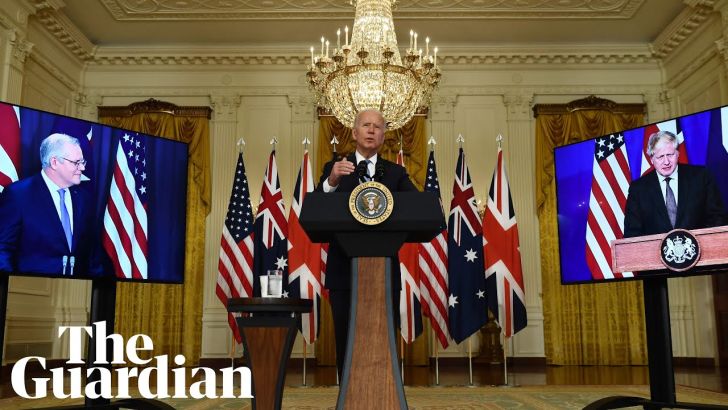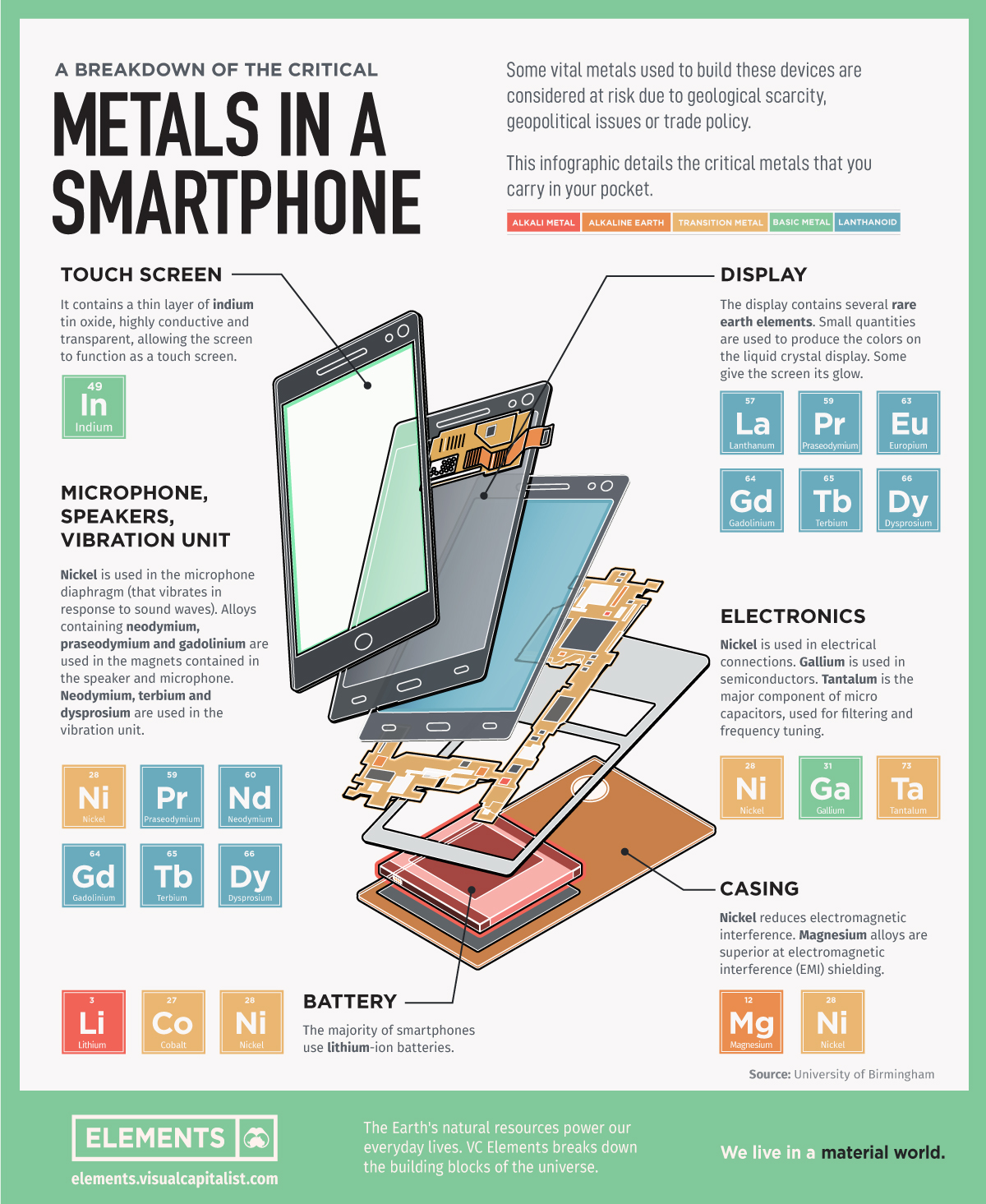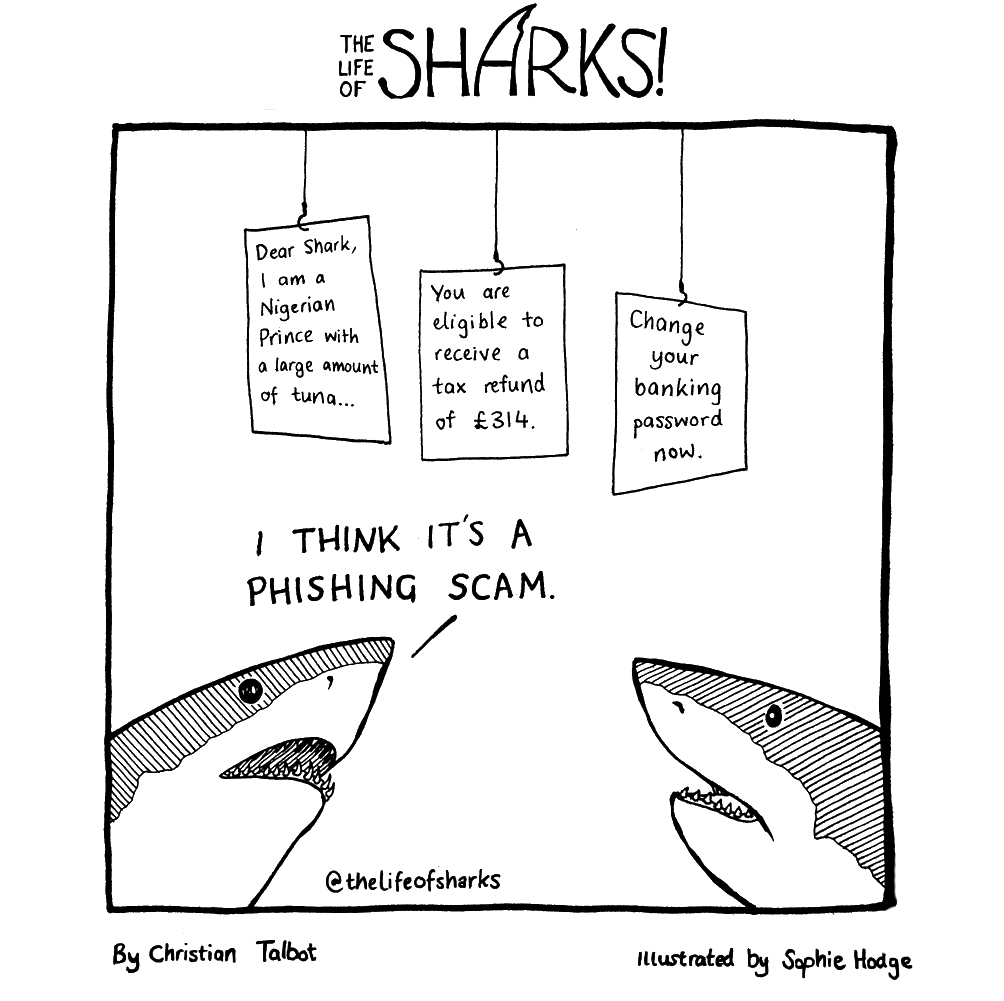Friday Brief for 17 September 2021

Tech Terms
Zero Trust Security — The zero trust security model assumes devices connecting to a network should not be trusted by default, even if they were previously verified. It also partitions protected networks so that, once a user gains access to one portion of a network, they cannot easily move laterally into other portions.
AUKUS Levels-Up on China
What’s New: The United States, United Kingdom, and Australia are deepening their security partnership in the Indo-Pacific, according to a joint announcement this week.
Why This Matters: President Biden and Prime Ministers Morrison and Johnson said the new trilateral defense partnership — called AUKUS (pronounced “awe cuss”)— will have several strategic initiatives, beginning with helping Canberra to build nuclear-powered submarines.
Key Points:
In addition to nuclear submarines, intelligence sharing, cybersecurity, artificial intelligence, and quantum technologies have been identified as key priorities for the new alliance.
Prior to this agreement, the United States says that it has only shared its nuclear powered submarine technology with the United Kingdom. All three countries will now begin an 18-month consultation period aimed at helping Australia to develop this capability.
Nuclear submarines have significant strategic value because they can be very, very quiet, they can be very, very fast, and they can remain submerged almost indefinitely (they essentially only need to surface or to port to resupply food and provisions for their crew)— allowing the AUS navy to patrol the Indo-Pacific more effectively and at much less risk of discovery.
In fact, they can be so quiet that, in 2009, a British and a French nuclear submarine ran into each other in the Atlantic Ocean because they were unaware of each other.
All three nations are also members of the FIVE EYES intelligence-sharing partnership that also includes Canada and New Zealand.
What I’m Thinking:
Nuclear powered does not mean nuclear armed. While Australia’s new subs will be powered by nuclear fission, they will not carry nuclear weapons and Prime Minister Morrison reiterated his nation’s commitment not to develop nuclear weapons or domestic nuclear energy.
This is about China, plain and simple. Different officials have said, “This partnership is not aimed, or about any one country,” and that “It’s not a saber rattle.” It is instead, they insist, an effort focused on “investing in our greatest sources of strength, our alliances, and updating them to better meet the threats of today and tomorrow,” according to reporting from the Wall Street Journal. Translation: this is totally about China, the three nations are totally rattling their sabers, and this is part of plans to improve our collective military posture and readiness to fight in the Indo-Pacific theater. Look for additional developments like other military equipment sales to Australia as well as U.S. and other partner basing agreements down under.
Pay attention to the other areas of cooperation. The fact that AI, cyber, and quantum sciences are also identified as a key focus tells us that all three nations have identified these capabilities as being critical for shaping and winning the modern battlefield. This focus — coupled with significant new investments by government and industry — means these technologies are likely to experience significant growth in the mid- to long-term.
This is not a drill. Geopolitics is always a chess match, but this agreement provides a key insight into the developing Western strategy concerning China’s growing power and belligerence. It tells us that (1) Western powers understand that alliances will be critical; (2) the United States, United Kingdom, and Australia are uniquely united in their assessment of the situation and in their desire and capacity to confront Beijing; and (3) this confrontation has entered a new stage that demands the proactive development of serious capabilities and “options” in case relations deteriorate further. Anyone who thought the rhetoric about conflict with China was simply much-ado-about-nothing, should think again in light of this week’s announcement.
It’s now Beijing’s Move. So far, China has issued some statements about the need to shake off “Cold War mentality and ideological prejudice,” but we’ll have to wait and see their larger response to AUKUS.
INTEL Leaders Weary on Big Tech Antitrust
What’s New: A dozen former intelligence and national security leaders are telling Congress to reconsider its antitrust efforts against American technology companies, warning that it could inadvertently hamstring the nation’s efforts to counter China.
Why This Matters: There is growing bipartisan support for antitrust actions against “Big Tech”; however, improper or clumsy enforcement could have the unintended effect of degrading national security.
Key Points:
The letter was sent to Speaker of the House Nancy Pelosi and Minority Leader Kevin McCarthy on Wednesday and was signed by the following:
Robert Cardillo, former National Geospatial-Intelligence Agency director
Dan Coats, former director of national intelligence
Adm. James Foggo III, former U.S. Navy commander Europe-Africa
Sue Gordon, former principal deputy director of national intelligence
Rick Ledgett Jr., former NSA deputy director
Michael Morell, former acting CIA director
John Negroponte, former director of national intelligence and deputy secretary of state
Leon Panetta, former defense secretary and CIA director
Vice Adm. Jan Tighe, former director of naval intelligence and commander of the Tenth Fleet
Frances Townsend, former White House homeland security adviser
Dr. Michael Vickers, former undersecretary of defense for intelligence
Adm. James “Sandy” Winnefeld Jr., former Joint Chiefs of Staff vice chairman
“The U.S. should adopt policies to ensure we can lead in research and development (R&D), innovation, standards setting, and secure production and supply,” the letter states. “Yet just as competition with China enters a critical phase, Congress risks undermining America’s key advantage vis-à-vis China by pursuing domestic legislation that threatens to impede U.S. companies and their ability to pursue such innovation. Recent congressional antitrust proposals that target specific American technology firms would degrade critical R&D priorities, allow foreign competitors to displace leaders in the U.S. tech sector both at home and abroad, and potentially put sensitive U.S. data and IP in the hands of Beijing … we believe more deliberate analysis is needed to examine the detrimental impact these bills could have on our strategic competition with China. Congress should not proceed with current legislative proposals before understanding the full range of potential consequences” (emphasis added).
What I’m Thinking:
Haven’t we heard this before? Yes. Asserting damage to national security and to “competition” is a tried-and-true strategy for fending off or slowing down government regulation. It is an excuse that people of bad faith have abused and this rightly provokes skepticism every time this argument is employed.
But, self-interest does not negate facts. Having stipulated the first point, it is also true that many of the largest U.S. tech companies — Apple, Google, Microsoft, Amazon, etc. — are pioneering and leading in the development of the technologies that will define and win future fights. Consider the technologies mentioned in the previous AUKUS story — cybersecurity, AI, and quantum sciences — private tech companies are at the forefront of all of these emerging capabilities and there’s simply no way the U.S. government will approach anything close to this level of investment, development, or expertise. This massive R&D investment is made possible by the scale at which these companies operate and the efficiencies and insights that are generated by the integration of their respective services and tools (not to mention that this often provides a better user experience too). So then, yes, it definitely serves these companies’ interests to assert their importance to national security; but, that self-interest doesn’t mean they’re wrong and, in this case, I’m inclined to agree with them.
Market accountability is also national security. Economic strength is an essential element of national power in that it gives us global influence and provides the resources and innovative dynamism necessary to equip and field our world-class military. Anticompetitive practices undermine these advantages, and therefore ultimately our national security. Such illegal practices should be stopped and punished. If an honest and rigorous investigation of technology companies demonstrates they violated antitrust (or any other) laws, then by all means, hold them accountable. But such antitrust efforts should not be used as a policy cudgel by those seeking to exact political revenge and I’m afraid this is a fair characterization of most of the Congressional efforts currently under consideration. Such efforts could seriously hurt the nation under the auspices of trying to save it. As one observer noted, “Revenge … is like a rolling stone, which, when a man hath forced up a hill, will return upon him with a greater violence, and break those bones whose sinews gave it motion.”
Pentagon Deploys New Venture Funding Pool
What’s New: The Department of Defense’s Defense Innovation Unit (DIU) is creating a new source of venture funding for tech startups, according to FEDSCOOP.
Why This Matters: Military leaders hope the new National Security Innovation Capital (NSIC) program will spur a new ecosystem of smaller, more dynamic companies servicing the DoD.
Key Points:
Currently, DIU typically uses “other transaction authority” (OTAs) agreements to fund promising technologies. These OTAs allow for more agile acquisition than traditional funding mechanisms, but they tend only be allowed when a technology is narrowly developed for the military.
Then NSIC will reportedly employ “dual-use” funds to support companies that are building capabilities with military and commercial applications.
“NSIC is an important part of accelerating emerging commercial technology into the DoD,” said Michael Brown, DIU Director. “Funding innovative dual-use technology to improve national security is critical in our nation’s strategic competition with China and providing the best technology for our military.”
What I’m Thinking:
More agility. More money. More capability. These types of innovative funding efforts are essential for a future force that is agile, mobile, and hostile — the way we like it.
But there’s more to this story. Startups will often seek foreign funding when trying to get off the ground. China, understanding this, will often funnel “adversarial capital” to some of the most promising of these companies as a way of gaining access to their intellectual property and possibly disqualifying these companies from working with the U.S. government in the future. Funding mechanisms like the NSIC will provide an American alternative to these foreign funds and help to build pathways into government contracts.
Let’s Get Visual

Nerd Humor

Quick Clicks
China casts itself as ally to workers in battle with big tech
Brazil reverses president’s ban on removing social media posts
That’s it for this Friday Brief. Thanks for reading, and if you think someone else would like this newsletter, please share it with your friends and followers. Have a great weekend!